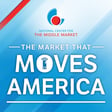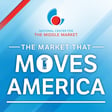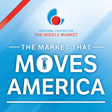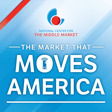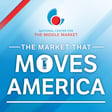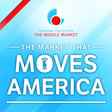
How Digital Payments Are Transforming the Lower Middle Market
The lower middle market makes up 80% of the total middle market, representing approximately 160,000 businesses in the U.S. In this episode, we dive into how digital payment innovations are fueling growth in this critical segment with two industry experts: Edward Galvin (Visa) and Andrew Jamison (Extend).Our discussion explores key findings from NCMM research, highlighting the evolving needs of middle market businesses and how financial tools can drive efficiency and expansion. Tune in to hear expert perspectives on how businesses can bridge the gap and future-proof their operations.
Edward Galvin is responsible for North America B2B Commercial Payments Sales at Visa. Visa helps connect businesses to a secure, global network of platforms, products, and services—no matter where you are on your business journey.
Andrew Jamison is the CEO of Extend, a financial technology company building innovative payment solutions for banks and their SMB customers. Extend has built a virtual card and expense management platform as an out-of-the-box product available for issuers to offer alongside their corporate card programs, allowing businesses to access modern spend management software with the commercial card they already have.
Read the report at globalclient.visa.com/middlemarket.
